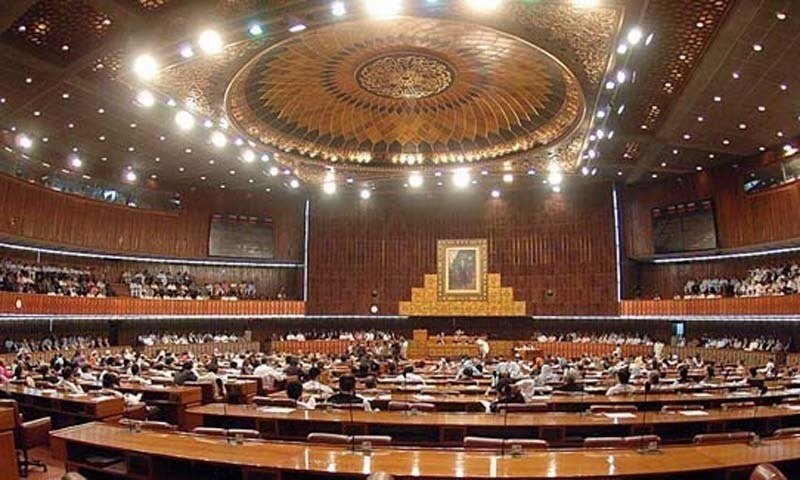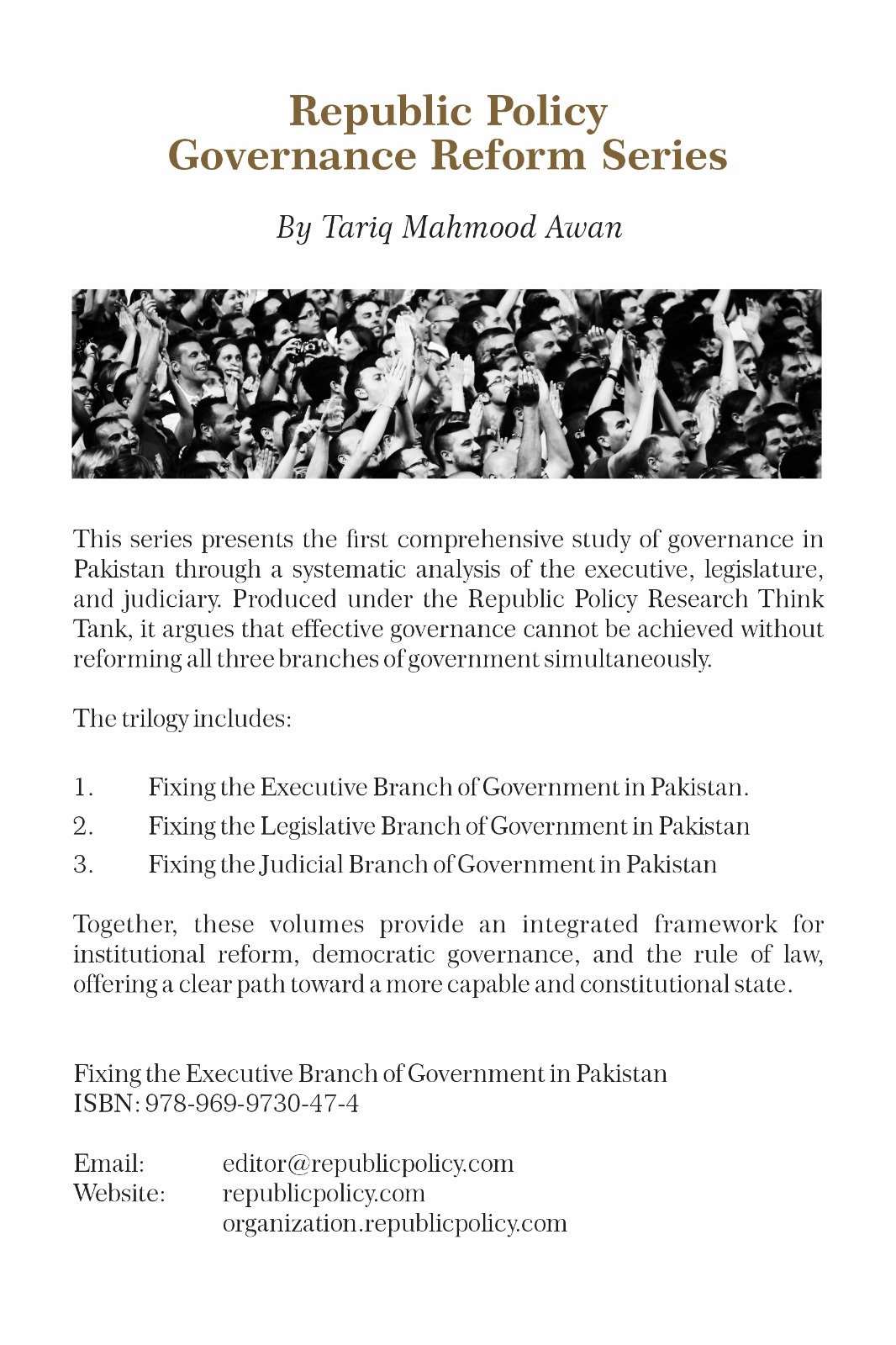Editorial
The Pakistani government has recently underscored the critical need to document the economy and digitize value chains. This is a crucial step to broaden the tax net and increase the tax-to-GDP ratio. However, despite these earnest efforts, smuggling and tax evasion persist, causing a significant reduction in the formal sector footprint, an alarming expansion of the black market, and the infiltration of substandard products. This has posed a grave challenge for the government in revenue generation.
The detrimental effects of smuggling and tax evasion are starkly visible across several sectors, including the formal juice sector, dairy and other food products, tobacco, petroleum products, and their derivatives. For instance, the smuggling of Iranian diesel into the country has severely hampered the local refinery industry, putting their plan of upgradation and modernization at risk. Additionally, the government is losing a staggering amount of around Rs17 billion per month due to the thriving illegal value chain.
Similarly, the government’s decision to increase taxation on tobacco by 200% last year has resulted in a decline of more than 50% in the sales volumes of two big tobacco companies, leading to a limited growth in government revenue. The market share is now captured by smuggled, counterfeit, and duty-not-paid tobacco, spurring an illegal value chain. Furthermore, the consumer is getting expired and inferior products, which are more injurious to health.
The formal juice industry was also adversely impacted by the imposition of federal excise duty (FED) at 20% last year. The formal industry’s volumes are down by 40% this year, and the market size is either shrinking or being grabbed by illicit players. The overall impact of GST (18%) and FED (20%) is 42%, providing enough room for the informal sector to cut prices and grab the formal market share. The falling purchasing power of consumers is leading them towards cheap but unhealthy products.
To effectively combat smuggling and tax evasion, the government should reassess its strategy in the upcoming budget and in its negotiations with the International Monetary Fund (IMF). A reduction in taxes and the implementation of stringent enforcement measures are key to preventing the growth of informality and ensuring a more robust revenue generation system.
The government could also carry out a cost-benefit analysis of the 20% FED imposed last year, revisiting its policy in the upcoming budget. Additionally, the government must enforce imported products’ regulations to ensure that imported food, including dairy products from Iran, has a 66% shelf life, mention ingredients in Urdu and English, and have Halal certification.
The government’s efforts to generate more revenue through taxation must be balanced with effective enforcement to prevent the growth of black markets and illegal and informal value chains. This will not only improve revenues but also allow the formal value chains to develop. Moreover, it will help eliminate the availability of inferior products and counterfeits, ensuring safe and nutritious products for consumers.














